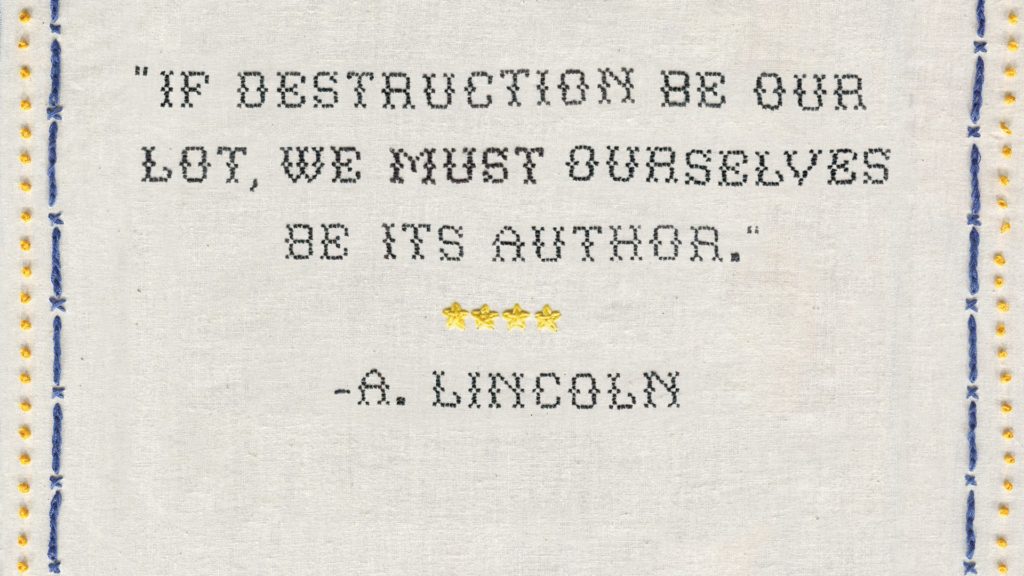
In a new piece in The Atlantic, former Secretary of Defense James Mattis invokes long-term thinking as a necessary but increasingly-forgotten principle of American democracy:
Acting wisely means acting with a time horizon not of months or years but of generations. Short-term thinking tends toward the selfish: Better get mine while I can! Long-term thinking plays to higher ideals. Thomas Jefferson’s idea of “usufruct”—in his metaphor, the responsibility to preserve fertile topsoil from landowner to landowner—embodied an obligation of stewardship and intergenerational fairness. Our Founders thought in centuries. Such thinking discourages shortsighted temptations (such as passing an immense burden of national debt onto our descendants) and encourages the effective management of intractable problems. It conditions us to take heart from the slow accretion of small improvements—the slow accretion that gave us paved roads, public schools, and electrification. I remember being a boy in Washington State and the sense of wonder I felt as bridges replaced ferries on the Columbia River. I remember my grandfather pointing out new power lines extending into our rural part of the state. I think often of the long history of nuclear-arms control. Steady diplomatic engagement with Moscow over five decades—pursued until recently—ultimately gave us an approximately three-quarters reduction in nuclear arsenals, and greater security. Here’s the not-so-secret recipe, applicable to members of Congress and community activists alike: Set a strategic goal and keep at it. Former Secretary of State George Shultz, using his own Jeffersonian metaphor, likened the effort to gardening: a continual, never-ending process of tilling, planting, and weeding.
Jim Mattis, “The Enemy Within,” in The Atlantic.